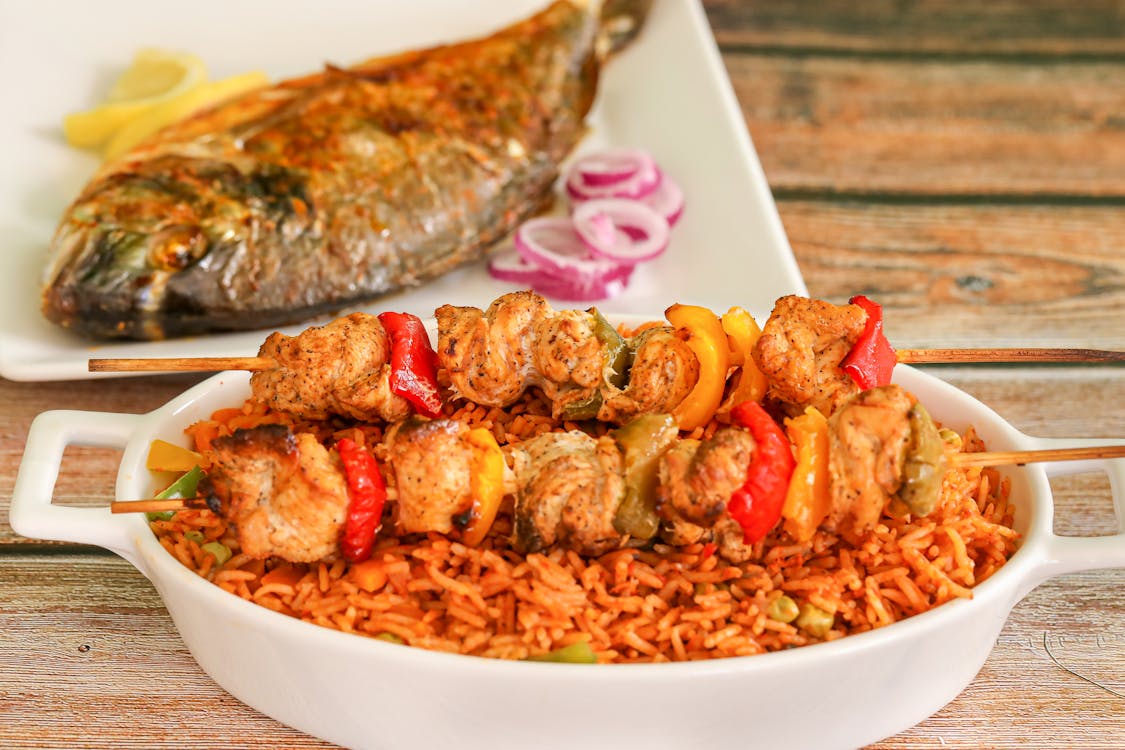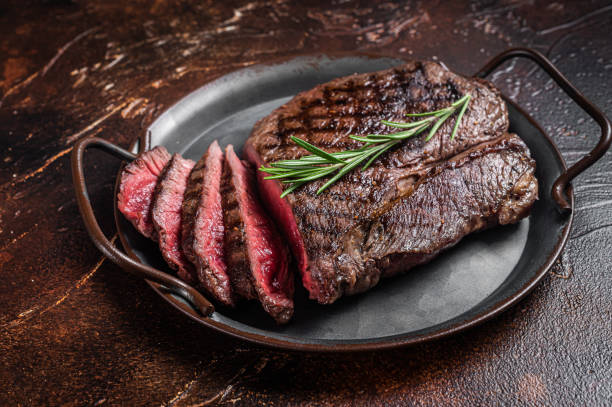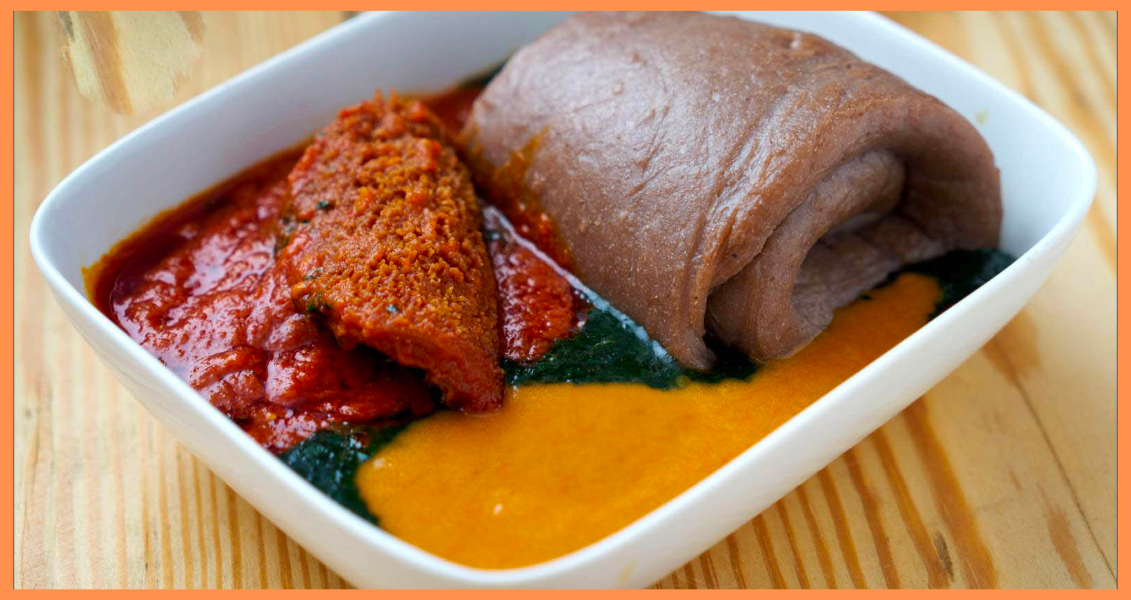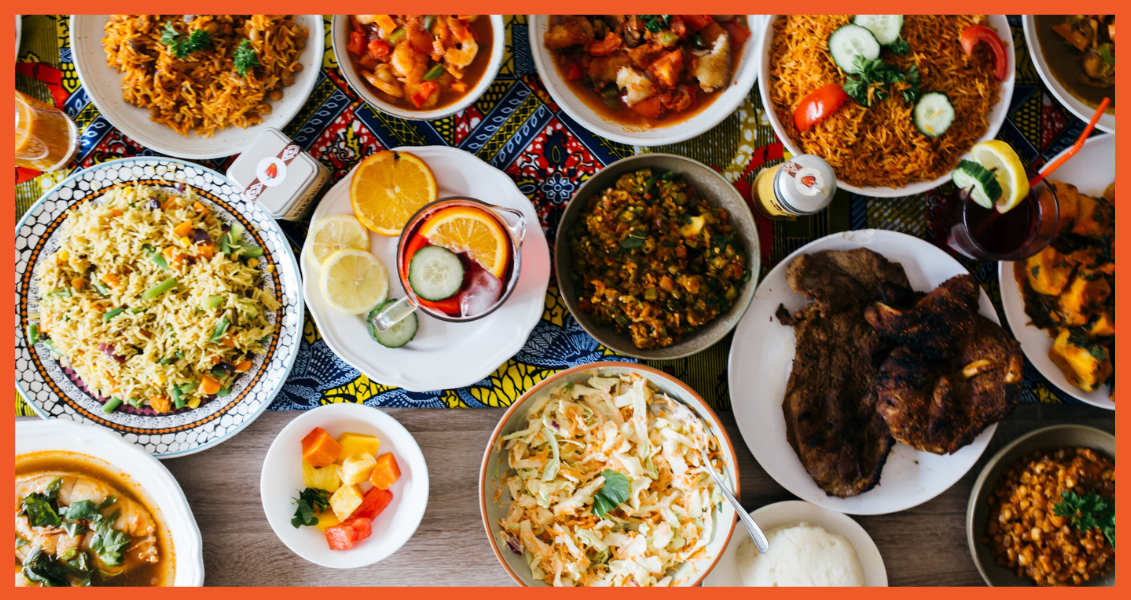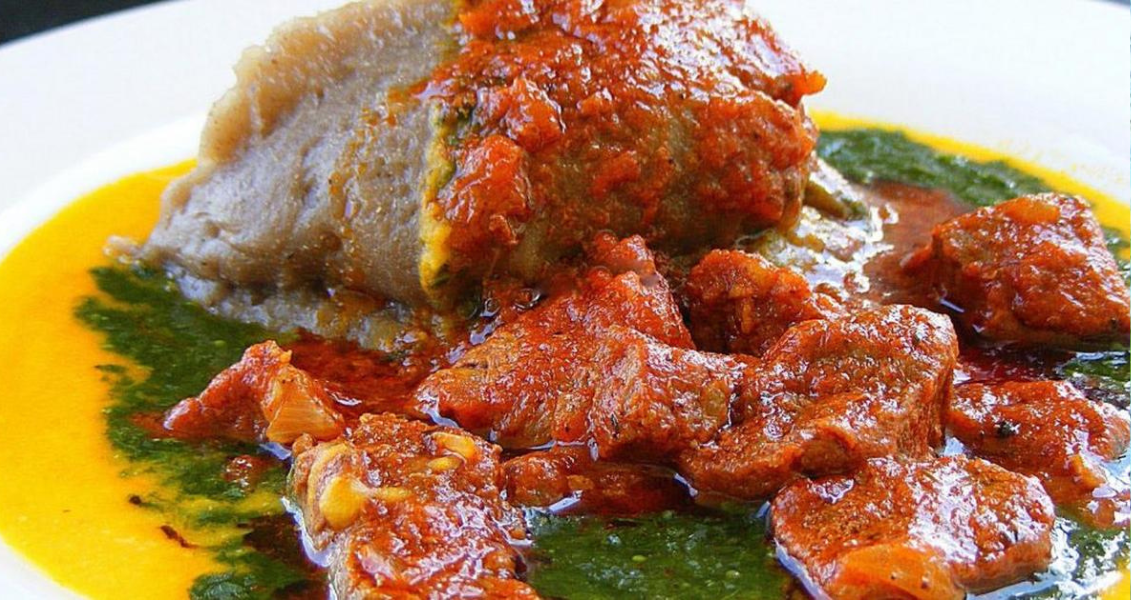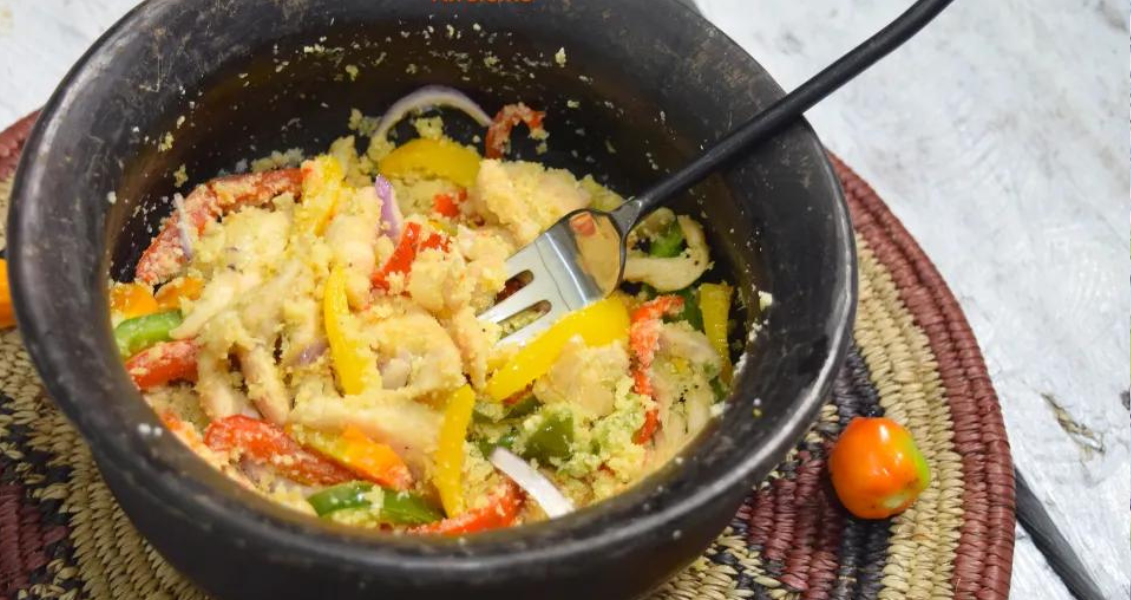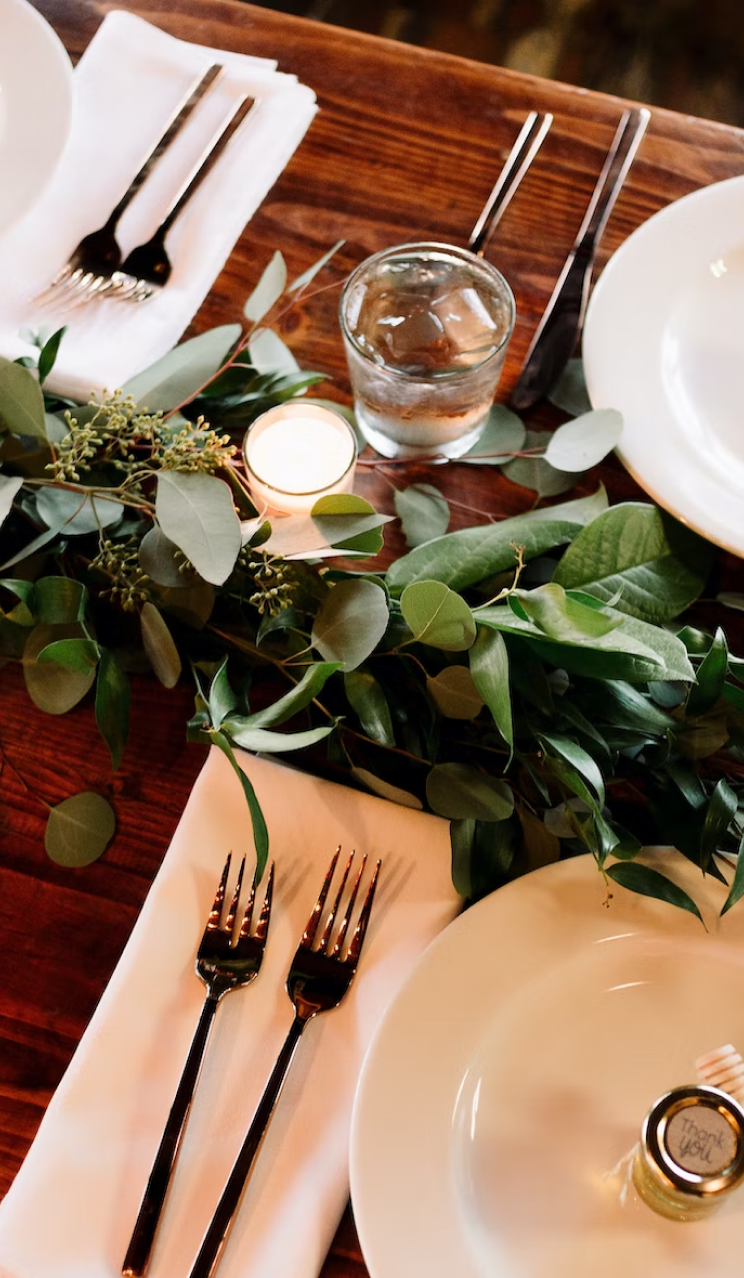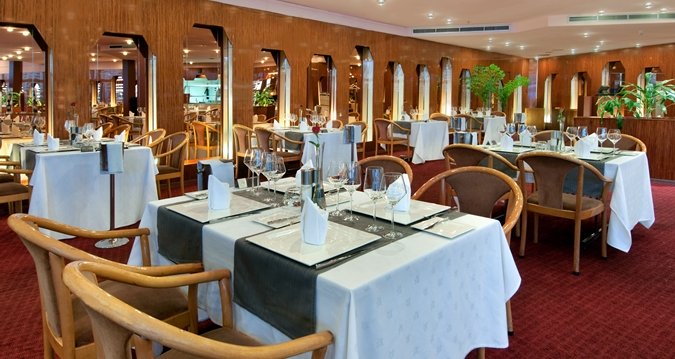
Abuja, the capital city of Nigeria, is a hub for diverse cultures and ethnicities, and this diversity is reflected in its rich food culture. From traditional dishes to international cuisines, Abuja has it all, and being home to many expatriates, it has many restaurants that cater to that demographic. Abuja inhabitants entertain friends in restaurants; they plan brunch dates; go to cafes to drink Arabian tea and chat; visit lounges to eat fish and drink beer with friends; and go on lone strolls to discover new food cuisines.
Abuja residents know and expect good food and pristine service from many establishments, uppity and budget restaurants alike. There’s also a burgeoning tea-drinking culture. Many people from different walks of life go to cafes after work, between 7 to 10 p.m., to Arabian tea, chat and breathe out the stress of work while bonding with friends and strangers.
Tea culture in Abuja is alive and thriving
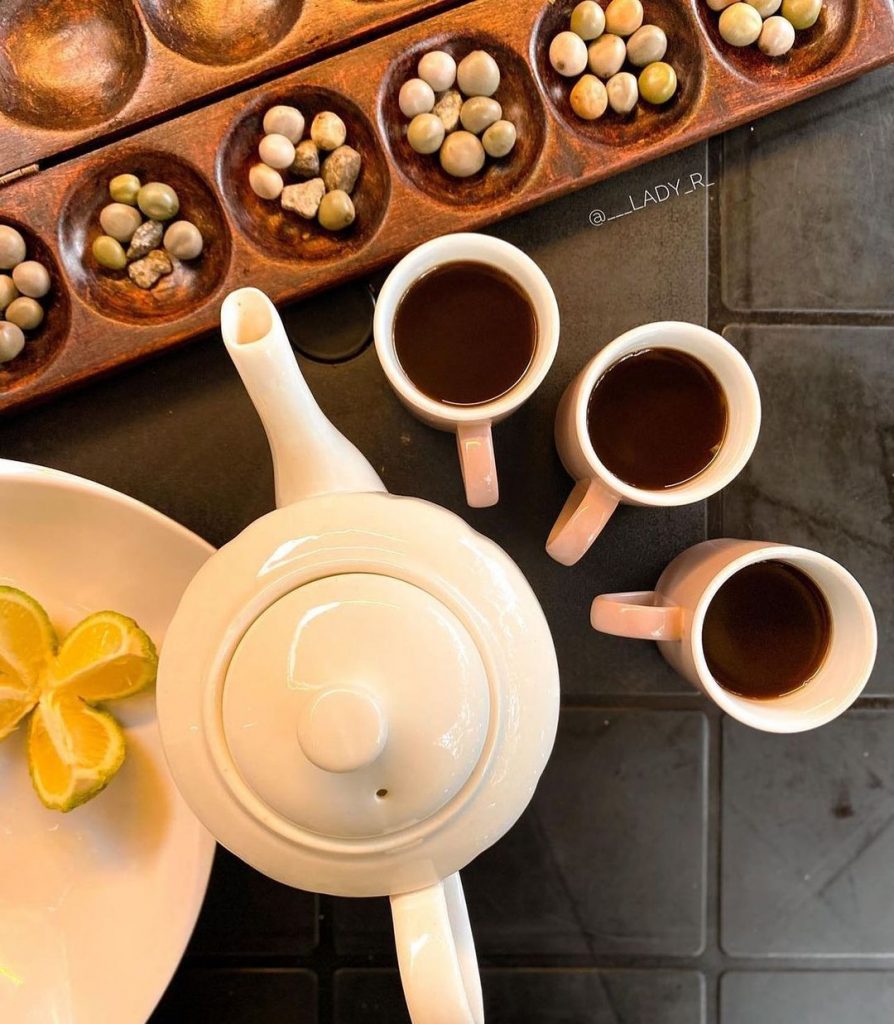
If your Abuja friend invites you for an evening date, minimise your expectations, because chances are that all you’re going to be having is tea. Drinking tea — proper tea, that is — is not a popular pastime in most other parts of Nigeria. However, thanks to the Arabian cultural influence on northern Nigeria, tea spots and cafes are getting popular in Abuja, and with it comes a growing culture of people who go out to drink tea, catch up with friends, read the newspaper, and meditate. There are many tea spots and cafes in Abuja. The Cube Cafe, Vintage Cafe, and Tea Room are the most popular spots. Although Arabian tea is the more popular option, other types of teas such as lemon grass, honey, ginger, and mint herbs are also served. The ambience of these cafes is serene, designed to help people recover and rejuvenate after hectic work days.
Be careful, though, teas in Abuja are tastier than you’d expect in Naija, but they’re also more expensive than you may think.
Brunch Spots in Abuja are on the rise
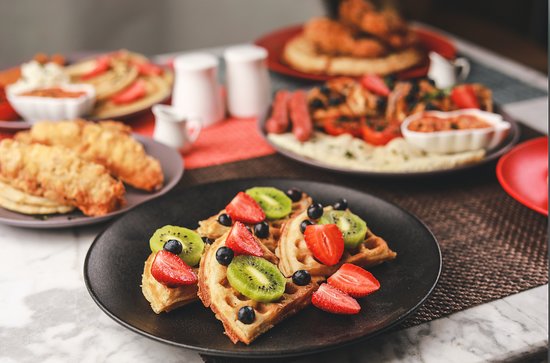
Although brunch is not a new concept in Nigeria, it has been popularised by younger millennials and Gen Z. Brunch, like its name, combines elements of breakfast and lunch and is eaten during late mornings or early afternoons.
Unlike in Lagos where businesses including restaurants open early enough to cater to customers during the early morning rush, things move a little slower in Abuja where the morning traffic is less frantic. Abuja folks often resume work or their daily morning routines without eating breakfast. For this reason, brunch has gotten increasingly popular in the city.
Abuja has a fine selection of restaurants where people can have brunch with friends. Sky Restaurant and Lounge is a rooftop restaurant that offers a spectacular view of Abuja. They serve many brunch dishes that combine traditional Nigerian breakfast food like akara and pap with American-style pancakes, waffles, and European breakfast foods like croissants and coffee. They also offer a nice blend of intercontinental brunch options.
Salamander Cafe is a cosy cafe that serves an all-day breakfast menu that includes classics like eggs Benedict, pancakes, and French toast, as well as health-conscious options like smoothie bowls and avocado toasts for People on a health kick.
Nkoyo: This restaurant is known for its African and Nigerian cuisine and offers a brunch buffet on Sundays that features a range of dishes from different regions of Nigeria.
Abuja nightlife is Lagos-lite

I know Abuja’s nightlife isn’t half as boisterous as Lagos’ (mentioning our noisy brothers again since they seem to be the standard), but it’s actually thriving in its own right. As a city with many young people, the nightlife in Abuja is quite vibrant. There are many options for entertainment, socialising, and enjoying the city after dark. If you doubt this, it means you have never visited Ademola Adetokunbo crescent after dark.
As the more popular restaurants and lounges close at sundown, there’s an entire industry of restaurants that come alive at night. Ever wondered what Keje Grill would look like during the day? The mere thought of this is bizarre, and this is because nothing of note happens at the Grill during the day. At night, however, City Park and all of its resident spots come alive. There are several food options, ranging from street food like shawarma, suya, and kilishi, to high-end fine dining restaurants for posh dinner dates. Here are a few places that give you your money’s worth in enjoyment, service, and ambience.
Keje Grill: Right at the centre of the City Park in Abuja, Keje Grill is the ideal spot for a fun night out. They offer several finger foods and lots of alcohol, enough to make the night come alive. Keje Grill also offers many drinking games and karaoke nights. The music here is however, always loud and it’ll be a bother if you’re averse to loud music.
Ademola Adetokunbo Crescent: This seven-kilometre stretch has the highest concentration of restaurants and lounges in the city. This is where the city’s nightlife takes root. From 9 p.m., the roads leading into the crescent become congested as the avalanche of cars trooping to the various nightclubs at Ademola Adetokunbo take up substantial portions of the road. There are outdoor bars and grills on Ademola Adetokunbo where fun seekers who don’t want to go into indoor lounges and clubs can relax.
Grey Lounge: Grey offers an impressive array of finger foods, cocktails, spirits and even shisha. It is the perfect place for a night of hedonistic pleasures and debauchery.
Ain’t nothin’ like an Abuja shawarma spot
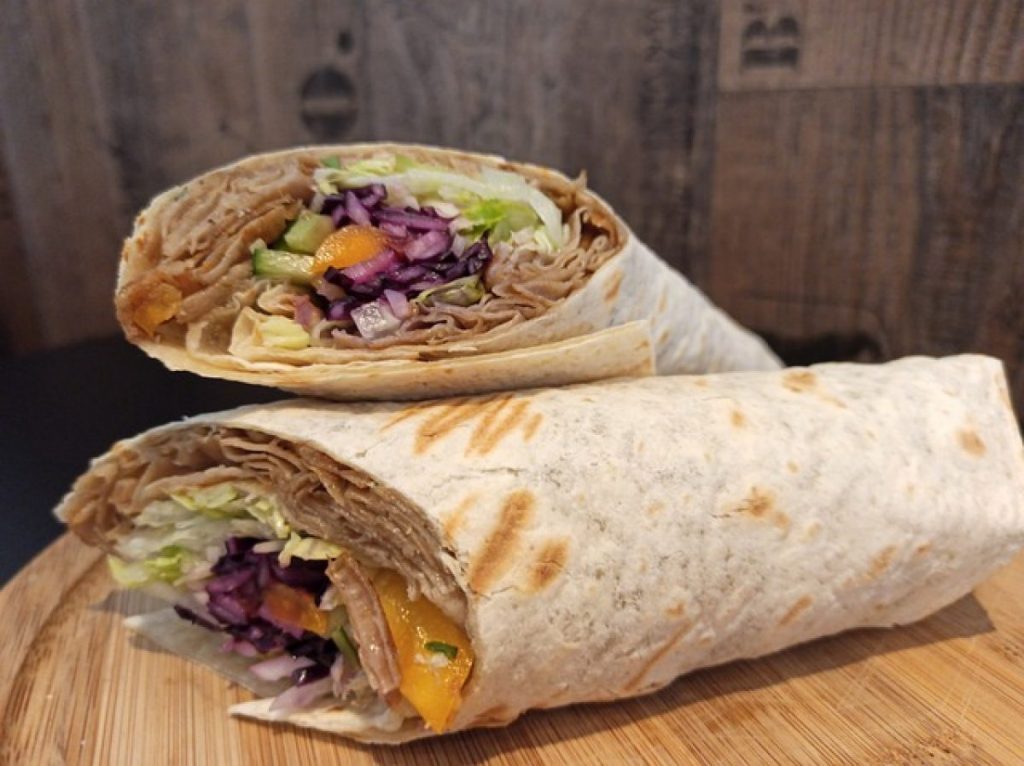
The shawarma culture in Abuja is on a whole different level. There’s probably a shawarma joint in every street you turn to, and from the taste and garnishment, you can tell that Abuja people actually do care about how rich their shawarma should be. shawarma is to Abuja what amala is to Ibadan. I don’t know if there’s an explanation for this, but it probably has something to do with its middle-eastern origin. Like tea, the shawarma culture here has a heavy Arabian influence, and all forms of Middle-Eastern food with such a background are usually popular (and very well-made) in Abuja and northern Nigeria at large. Therefore Abuja residents indulge in their shawarma cravings a lot.
Chicken Capitol is reputed to make some of the best shawarmas in the city. It’s a common thing for an Abuja resident to tell you, “If you don’t like Chicken Capitol’s shawarma, you can’t like any other shawarma.” Shawarma Et Al is also a popular shawarma spot in the city, and so is Shawarma King. You can also get great shawarma at The Secret Garden.
Fine dining is well and truly alive
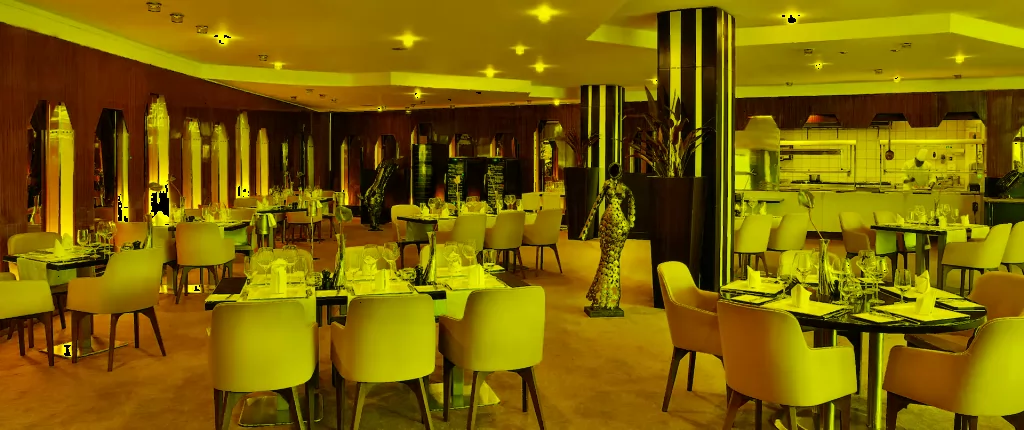
Lagos is probably the only city in the country that holds a torch to Abuja’s fine-dining culture. Even though the fine-dining culture in Abuja typically caters to international expats and people who want to explore the cuisines of other countries. Several Asian fusion restaurants in Abuja offer foods from Indian, Chinese, Japanese, and Malaysian cuisines. Cilantro caters to the Indian crowd. 4 Guys specialises in Japanese cuisine. Woks and Koi serves Chinese/Malaysian dishes, while Tar Tar offers both traditional and intercontinental dishes. Whatever you want, chances are that you will find it in Abuja.
The Abuja Food scene is as dynamic as its cosmopolitan population. From street food, to brunch, to fine dining, Abuja has you covered.










